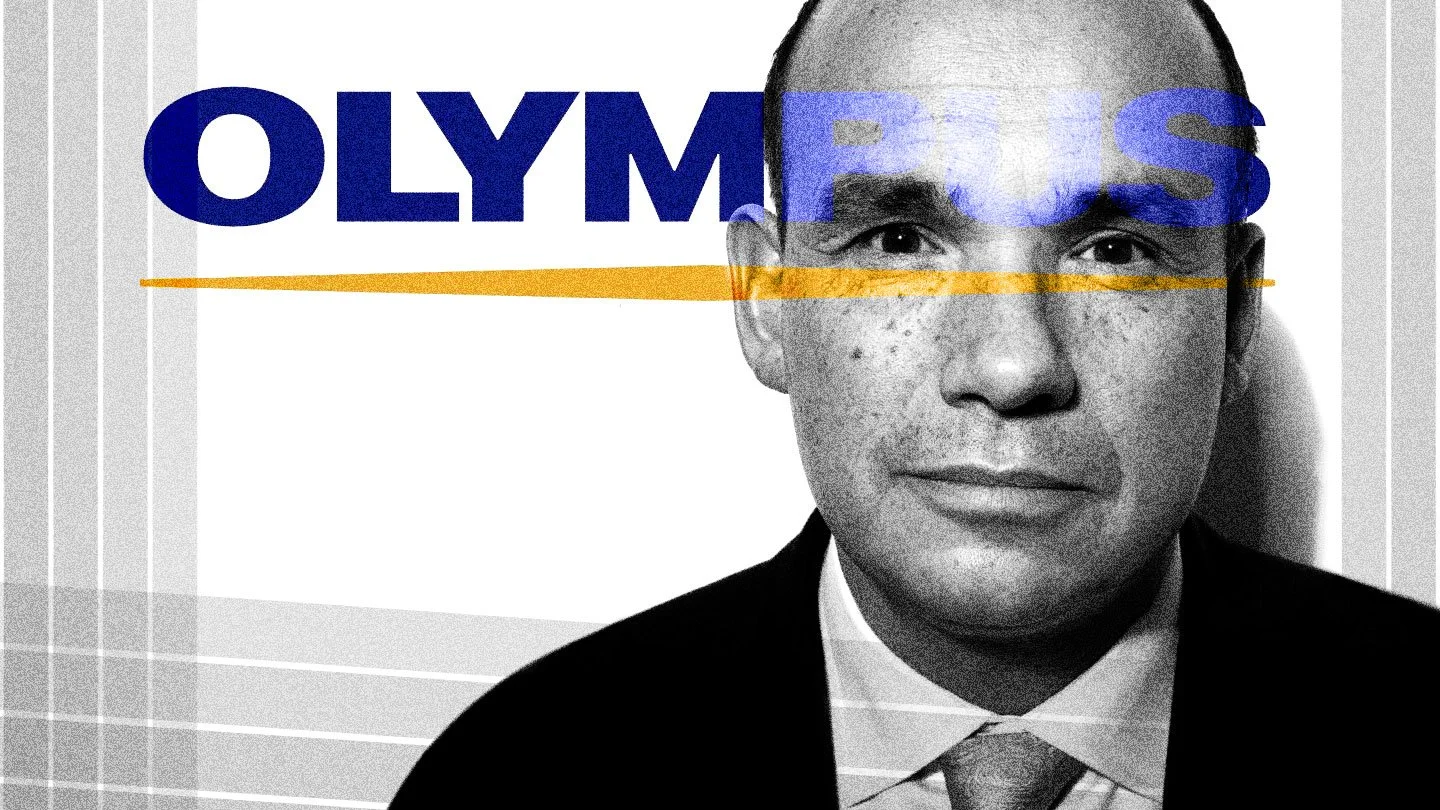The Outsider Who Challenged a Corporate Giant
The untold story of Michael Woodford, the man who exposed one of Japan's biggest corporate frauds.
The Michael Woodford Story and the Olympus Scandal
The Olympus scandal was an extraordinary corporate governance case, unique in its Japanese context and one that had a profound impact on one man: Michael Woodford. As a foreign president, his experience sheds light on the clash between Western individualism and Japan's deeply ingrained corporate culture. Woodford's fight against the company's entrenched leadership was driven not just by a sense of duty, but also by a deep-seated need for respect that had been a part of his character since childhood.
The Unraveling of a Corporate Myth
The Olympus scandal can be traced back to the macroeconomic shifts of the 1980s, specifically the Plaza Accord, which strengthened the yen and hit Japanese companies' profits. To compensate, irresponsible CEOs, including those at Olympus, made highly speculative and ultimately disastrous financial investments. When Japan's economic bubble burst in the early 1990s, many companies, including Olympus, found themselves functionally bankrupt. The company survived by hiding these losses through complex and seemingly legitimate financial maneuvers. They created shell investment funds that bought the worthless assets at inflated prices. These funds then repaid their bank loans with money from Olympus’s acquisition of smaller companies, often topped off with huge “advisory fees” paid to bankers.
Michael Woodford was brought in as president in 2011, seemingly to lead a "re-birth" of the company, since the balance sheet had finally been fixed—or so he was told. He was a talented, self-made man who had a history of cutting costs and was a child prodigy in the Olympus UK division. However, as an "outsider," he quickly became the target of the company's deeply feudal and often cruel pecking order.
A Clash of Cultures and Personalities
What drove Woodford to challenge the powerful chairman, Kikukawa? Beyond the facts of the financial malfeasance, there was a more personal motive: humiliation. Woodford, a man with a superiority complex and a history of insecurity stemming from a difficult childhood, was obsessed with earning respect. The Olympus old guard, led by Kikukawa, seemed to instinctively sense this vulnerability. They subjected him to repeated humiliations, such as chain-smoking near him despite his asthma and openly ignoring him during important business meetings with the company's bank president.
When revelations of financial wrongdoing surfaced in the Japanese magazine Facta, Woodford began to probe. He was met with silence and resistance, despite being the company's president. The final breaking point came when a meeting, meant to be a concession to him, turned into another public humiliation. It was at this point that he commissioned a report from PwC that uncovered "grave irregularities." This led to a series of fateful steps from which there was no turning back. Woodford sent letters to senior management and auditors worldwide, exposing the wrongdoing, and directly demanded the resignations of Kikukawa and his second-in-command, Mori. Woodford knew this was a "life-or-death struggle," one that he couldn't win without a tremendous personal cost.
Lessons from the Abyss
Woodford was ultimately fired and lost his career, though he was later awarded a substantial settlement and now runs his own consultancy. The Olympus scandal offers several key lessons. For one, it shows that diversity can work to shake up a stagnant corporate culture. Woodford, the outsider, was supported by many ordinary employees who were tired of the company's old guard. However, the author argues that the worst part of the scandal was not the financial crime itself but the moral failure of the senior executives. Their insularity, arrogance, and cowardice in trying to crush Woodford like a "cockroach" were truly repellent. The personal abuse, such as taking away his driver and kicking him out of his apartment, revealed an atavistic and unpleasant side of the company's leadership.
In the end, the Olympus scandal is a strange mix of Western individualism, world-class products, and a rotten management culture. While it's hard to make a simple judgment of right and wrong, one lesson is clear: when senior executives become too attached to their power, their "fancy trinkets," and unquestioned deference, they are never far from the abyss.

